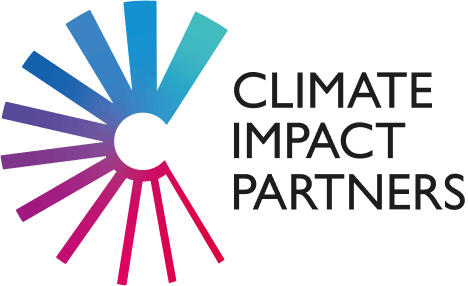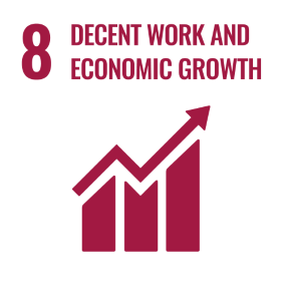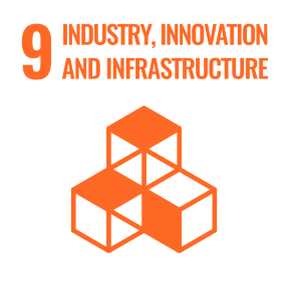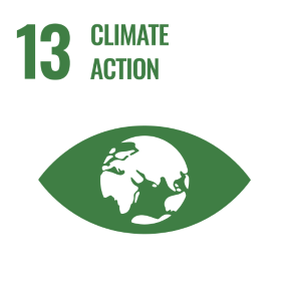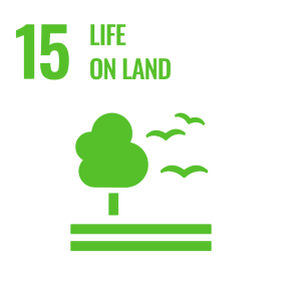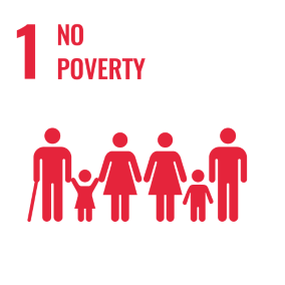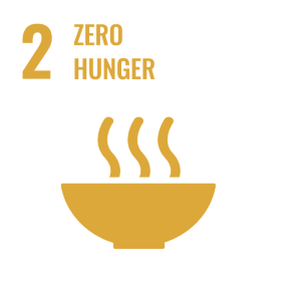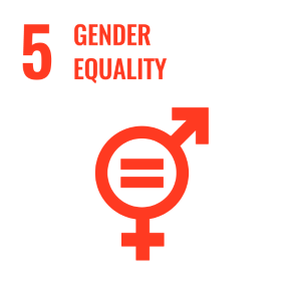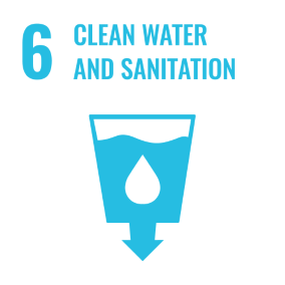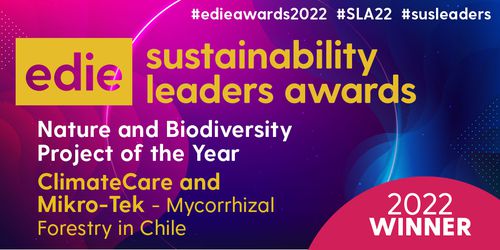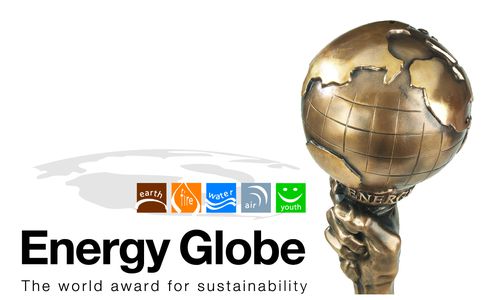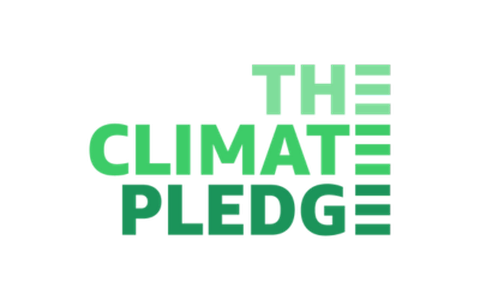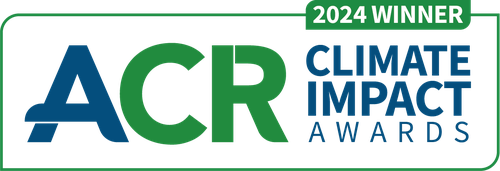The Philippines is one of the most biodiverse countries in the world, home to many species of flowering plants, ferns, as well as hundreds of animals and bird species. Once covered in forest, the country is now one of the most severely deforested countries in the tropics. Additionally, food insecurity is a threat due to soil erosion resulting in depleted soil nutrients and low crop yield, exacerbated by frequent extreme flooding and typhoons. With the lack of forest cover, and regular heavy rains; soil erosion and landslides are common.
This innovative reforestation project has been selected as a finalist for the Carbon Removal XPRIZE Milestone Award. The Musk Foundation has chosen the proposed expansion of the Rizome Bamboo Project in the Philippines as one of the top 60 global solutions for carbon removal. The Grand Prize of $50 million will be announced on Earth Day 2025.
Over 90% of tree cover loss in the Philippines is from commodity-driven deforestation. | Global Forest Watch (2021)
This project in development aims to plant native giant bamboo on degraded land. At maturity around 20% of the bamboo biomass will be harvested each year and developed into high quality, fully traceable building materials for international markets. Bamboo grows more than 10 times faster than traditionally used pine, and the bamboo poles reach maturity in just three to five years. Each bamboo plant can live 100 years and once mature can be harvested annually which stimulates further rapid growth.
In the balmy climate of the Philippines, giant bamboo thrives. Harvesting the mature clumps spurs growth and increases overall carbon sequestration. The project delivers excellent impacts for the environment, one acre of mature bamboo can sequester 400 tonnes of carbon dioxide each year. In addition, bamboo’s root system, the rhizome, absorb rainwater, reducing flooding and erosion whilst providing a natural filter to help restore river water quality.
Carbon finance provides landowners with the certainty of an income before their bamboo reaches maturity and can be harvested (about six years after planting). This therefore increases the viability of planting bamboo as an investment decision for landowners. The funds will support the project across the bamboo cycle, including planting, nursery development, harvesting, and quality control. Carbon finance will also support the sophisticated project monitoring, which includes tagging for each planted area and full traceability of the resulting products. Finally, landowners will receive a percentage of the shared revenue from sales of emissions reductions.
In addition to delivering carbon removals, this project aims to also generate positive impacts for local communities across multiple SDGs. These include:
- No Poverty: Bamboo planting provides a life-long, annual income to farmers in an area where 32% of all families live in poverty.
- Zero Hunger: The project improves productivity and sustainability of food production by reducing drought and shielding crops from wind and flooding.
- Gender Equality: Bamboo is more lightweight than traditional timber, enabling women to participate in the bamboo economy. Local women can get an income from cutting bamboo branches and selling them to mainly female-run bamboo nurseries. A Gender Action Plan has been developed to increase female participation in the agricultural development.
- Clean Water and Sanitation: Bamboo’s root structures help to bind soil, reducing erosion as well as acting as a filter to help restore groundwater quality.
- Decent Work and Economic Growth: The project provides jobs in harvesting and processing bamboo, as well as supporting roles in the bamboo nurseries and transportation. Bamboo farmers can generate additional income.
- Industry, Innovation and Infrastructure: Manufacturing facilities produce high-grade building materials for export, as well as more affordable solutions for local markets.
- Climate Action: 400 tonnes of CO2 can be sequestered per acre of mature giant bamboo, with the project expected to sequester over 20 million tonnes over its 30-year lifetime.
- Life on Land: This project increases the amount of land under sustainable forest management and decreases amounts of degraded land globally.
Our goal is to deliver 1 billion tonnes of emissions reductions by 2030
600+ projects have been supported by Climate Impact Partners
100+ million tonnes of emissions reduced through carbon finance
Here at the nurseries we produce planting materials for bamboo, and most activities are done by women. Women water, weed and fertilise the plants, as well as many other activities around the nursery. -Myrna Decipulo, Head of Nurseries
Delivering towards the Global Goals



Supporting our projects delivers on multiple UN Sustainable Development Goals (SDGs). You can read more on the Goals below.
Learn more about the global goalsNext Steps

Explore our projects
Explore our range of projects across the globe: nature based solutions, health and livelihoods and sustainable infrastructure.
Explore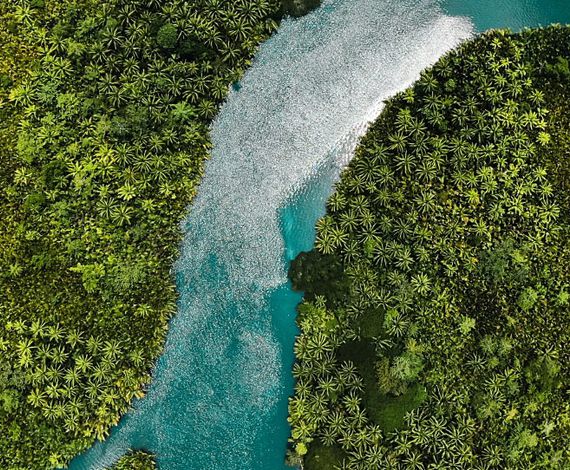
Business Solutions
We are the leading solutions provider for carbon offsetting, net zero, carbon neutrality and carbon finance project development.
Read more